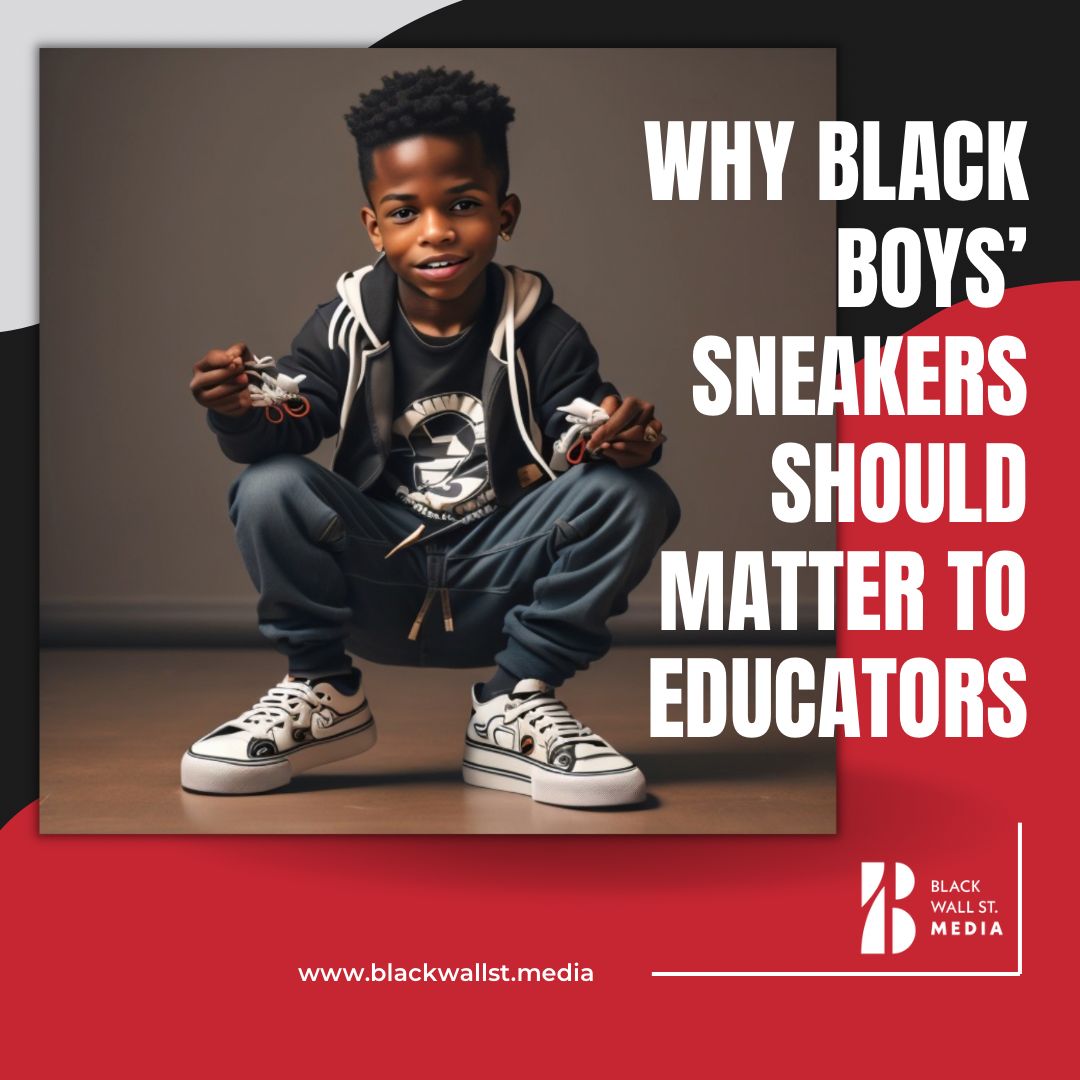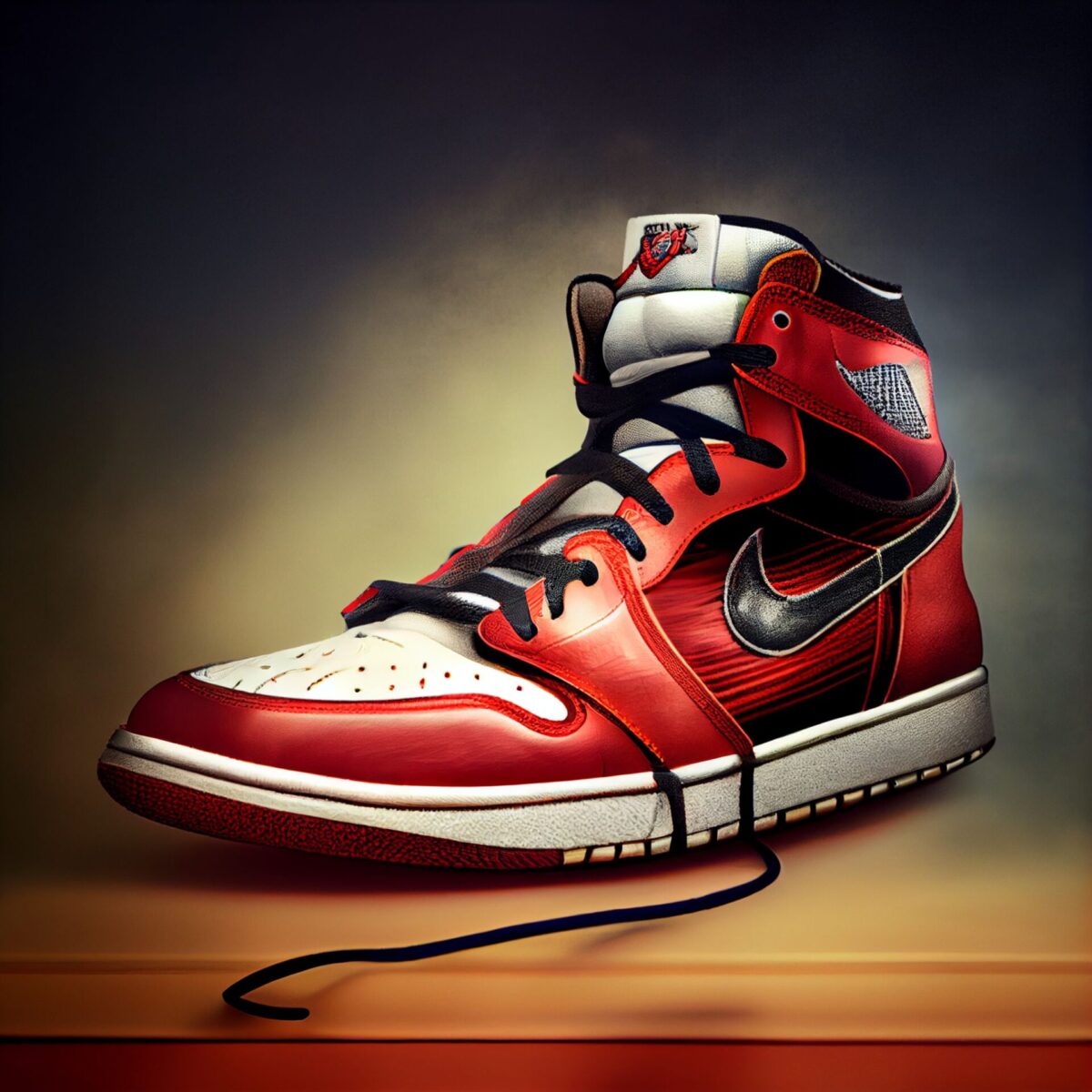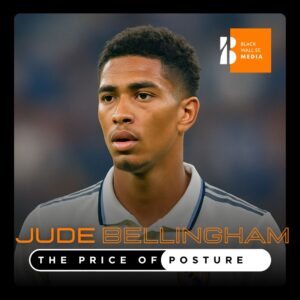EDUCATION
Why Black Boys’ Sneakers Should Matter to Educators

What if we use sneakers as a hook to build relationships?
After decades of reform initiatives, from the No Child Left Behind Act to the Every Student Succeeds Act, challenges persist for Black boys in their quest for academic freedom and success.
For many Black boys, sneakers are statements that define their personality and character and speak to their self-worth and self-respect. I cannot help but recall an experience I had as a middle school principal that shifted my perspective on what engagement can mean for Black boys.
One of our students, Jaylin, was walking extremely slow in the hall and working hard to stay out of the way of others. I said, “Jaylin, why are you walking like that? Shouldn’t you be in class already? You are wasting time.”

What I didn’t realize then was how sneakers can be an engagement tool in educators’ pursuit of justice for Black boys.
What Sneakers Really Mean


Sneakers, in this metaphorical context, are more than footwear—they’re a way to build a sense of community by sharing who I am.
Data continue to show how educational spaces fall far short of creating intentional cultures of care for Black male students.
In a monolithic worldview that perpetuates one view of Black men and boys, sneakers give Black students an opportunity to reject reductive thinking by showcasing their individuality.
–

Why Black Boys’ Sneakers Should Matter to Educators
To recognize the importance of Jaylin’s sneakers is to recognize—and encourage—his connection to his culture, his history, and how he is choosing to express those connections.
What Educators Can Do
Today, schools continue to suspend Black boys and disproportionately label them as problems.
A Key Engagement Tool
I can only imagine the potential outcomes for Black boys if we built stronger relationships with them that show they matter in schools.
Imagine the books they’d read, the math problems they’d solve, their historical analyses of seminal events, or the inventions Black boys could create if we respected a staple of their humanity and modes of expression.
We could start by viewing sneakers—and similar expressions of selfhood—as an asset to learning.
Educators must consider how to anchor engagement tools, like sneakers, in learning.
As just a few examples, we could use Jaylin’s shoes to help him write a piece of personal nonfiction, or we could ask Jaylin to use a geometric toolbox to sort out the measurements of design patterns in his shoes, or we could encourage him to analyze the extent to which Jordans have impacted the American economy during the recession.

Imagine all that Black boys can do if educators center their humanity in ways that matter to them.
Phelton Cortez Moss is a senior professorial lecturer of education policy and leadership at American University and a senior policy advisor to Congresswoman Frederica Wilson (FL-24) who serves as chair of the Higher Education and Workforce Investment Subcommittee. Prior, he served as an assistant professor of teacher education at Tougaloo College and as a senior leader at the Mississippi Department of Education.
Black Wall St. MediaContributor







